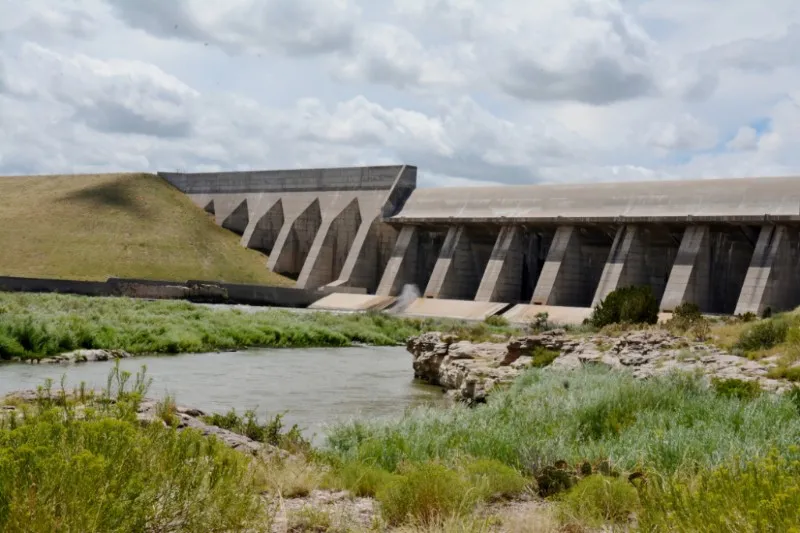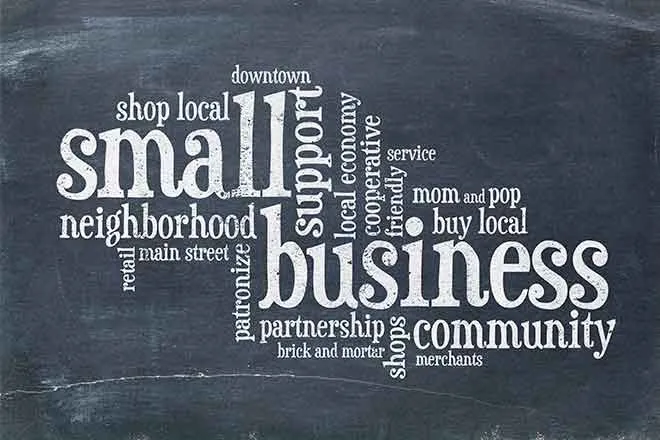
The Yonder Report: News from rural America - April 11, 2024
News from rural America.
Housing advocates fear rural low-income folks who live in aging USDA housing could be forced out, small towns are eligible for grants to enhance civic participation, and North Carolina's small and Black-owned farms are helped by new wind and solar revenues.
TRANSCRIPT
(upbeat music) For the daily yonder and public news service, this is the news from rural America.
Housing options are often sparse in rural America, especially affordable ones.
And the Housing Assistance Council fears low income residents are at risk of losing their homes.
Kristen Blum with the newly founded Center for Rural Multifamily Housing Preservation says the biggest challenge is rental housing finance through the USDA, some of which is three decades old.
They need rehab and it's not easy in rural communities to access the funding that's needed to rehab those units.
Blum says even if a nonprofit wants to buy and rehab the units, it first has to find the money and navigate complicated federal rules.
But she says that housing stock is critical and primarily occupied by seniors or individuals with disabilities.
The average income of households that live in these properties is $16,000.
And so it's a very vulnerable population.
The USDA has not financed any modern housing in more than a decade and now has fewer than 400,000 units available.
A new philanthropic organization will give $10 million in grants for rural communities to enhance civic participation.
Susanna Brown has more.
The Trust for Civic Life funds projects by small town entrepreneurs, hobby groups, public venues and cultural centers to build links in their community.
Executive Director Charlie Brown says a major goal is to strengthen trust between institutions and regular citizens.
I think we have a track record in this country where if you live in a rural community, you probably have a good reason to believe that institutions haven't always served you well.
The Trust collaborates with residents and funds local problem-solving projects.
It hopes to support areas that often struggle to compete for federal grants.
The most important part of our democracy is how we every day come together with people who we may not agree with to identify a problem and work together to solve it.
A second round of nominations for the funding will open in August.
I'm Susanna Brown.
Unique revenue from renewable power is helping preserve North Carolina's small and black-owned farms.
Programs like one with EnerWealth Solutions help landowners create a consistent stream of income by installing solar panels or windmills in the fields where they grow their crops.
Matt Abel with the North Carolina Sustainable Energy Association says this can be a lifesaver for struggling farm families.
It's been a real lifeline for a number of family farmers who have been in a position of having to make the tough decision between potentially selling the family farm or having a new financial opportunity on the table to provide a predictable source of revenue.
Abel says it's making inroads in the state's power mix, as renewables surpass huge coal plants to account for about 8 percent of North Carolina's generation.
For the Daily Yonder and Public News Service, I'm Roz Brown.
For more rural stories, visit dailyyonder.com.

















